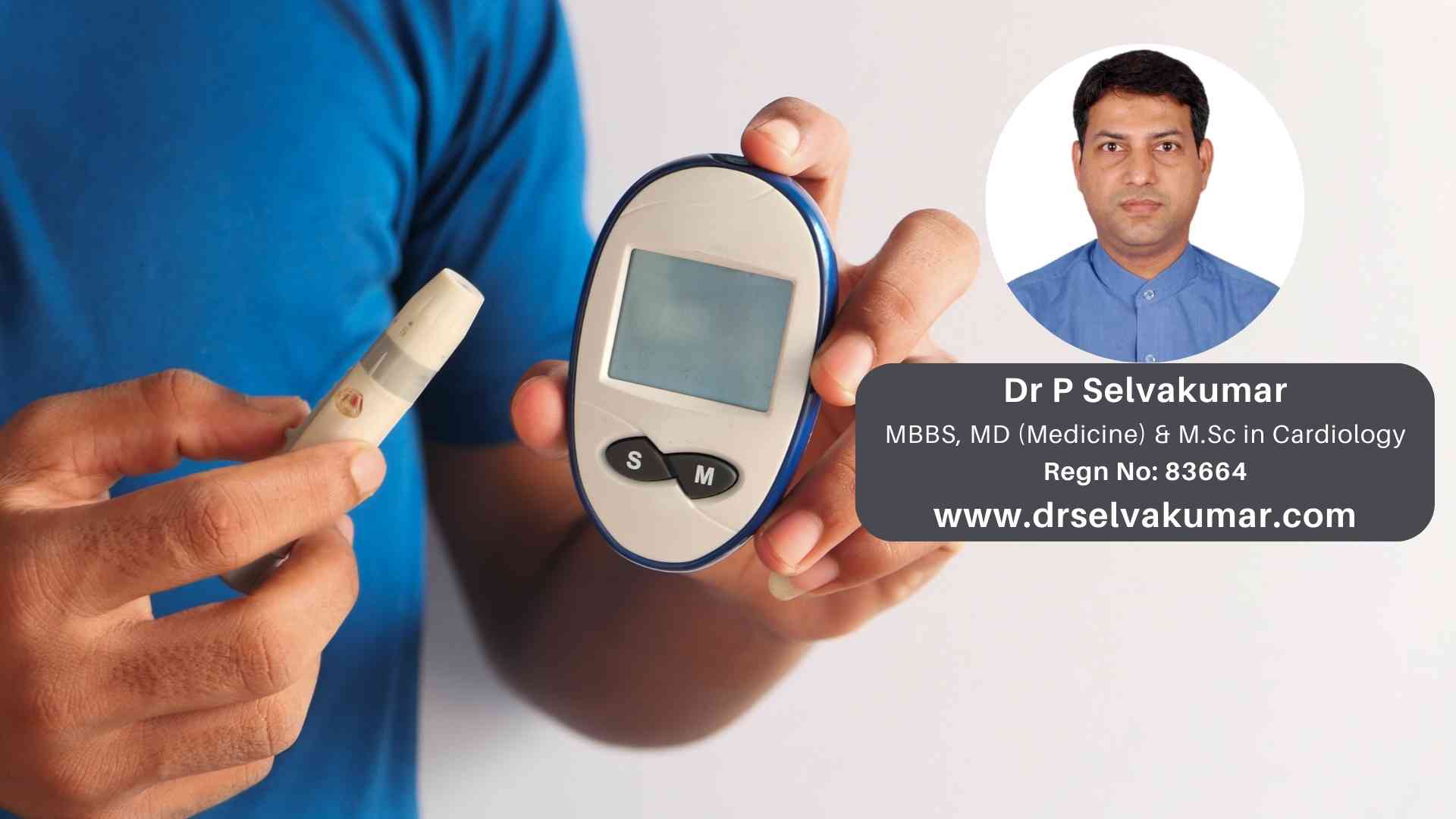Diabetes is a chronic disease that affects how your body turns food into energy. When you have diabetes, your body either doesn't make enough insulin or can't use it as well as it should. Insulin is a hormone that helps your body get glucose from the food you eat into your cells to use for energy.
There are two main types of diabetes: type 1 and type 2.
Type 1 diabetes is an autoimmune disease. This means that your body's immune system attacks and destroys the cells in your pancreas that make insulin. Type 1 diabetes is usually diagnosed in children and young adults, but it can also occur at any age.
Type 2 diabetes is the most common type of diabetes. It occurs when your body becomes resistant to insulin or doesn't make enough insulin. Type 2 diabetes is often associated with obesity, physical inactivity, and family history.
Symptoms of Diabetes
The symptoms of diabetes can vary from person to person. Some people may not have any symptoms at all. Other people may experience some or all of the following symptoms:
- Increased thirst
- Frequent urination
- Extreme hunger
- Unexplained weight loss
- Fatigue
- Blurred vision
- Slow-healing sores
- Tingling or numbness in the hands or feet
Complications of Diabetes
If diabetes is not controlled, it can lead to a number of serious complications, including:
- Heart disease
- Stroke
- Kidney disease
- Blindness
- Nerve damage
- Amputation
Treatment for Diabetes
There is no cure for diabetes, but it can be managed with a combination of medication, diet, and exercise.
Medication
There are a number of different medications that can be used to treat diabetes. The type of medication that you will need will depend on the type of diabetes you have and your individual needs.
Diet
A healthy diet is an important part of managing diabetes. A healthy diet for people with diabetes includes:
- Whole grains
- Fruits
- Vegetables
- Lean protein
- Low-fat dairy products
- Healthy fats
Exercise
Regular exercise is also an important part of managing diabetes. Exercise helps to lower blood sugar levels and improve insulin sensitivity.
Preventing Diabetes
There is no sure way to prevent diabetes, but there are a number of things you can do to lower your risk, including:
- Maintaining a healthy weight
- Eating a healthy diet
- Exercising regularly
- Not smoking
- Limiting alcohol intake
- Getting regular checkups
If you are concerned that you may have diabetes, it is important to see a doctor for testing. Early diagnosis and treatment are important for preventing complications of diabetes.
For a quick consultation with Dr. P Selvakurmar: Click Here
